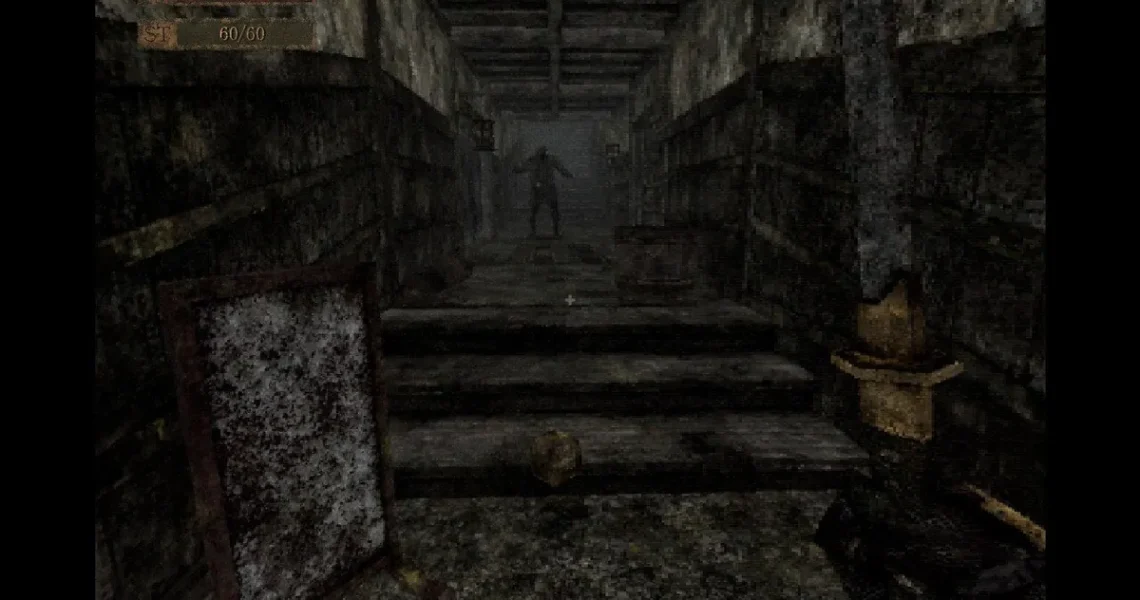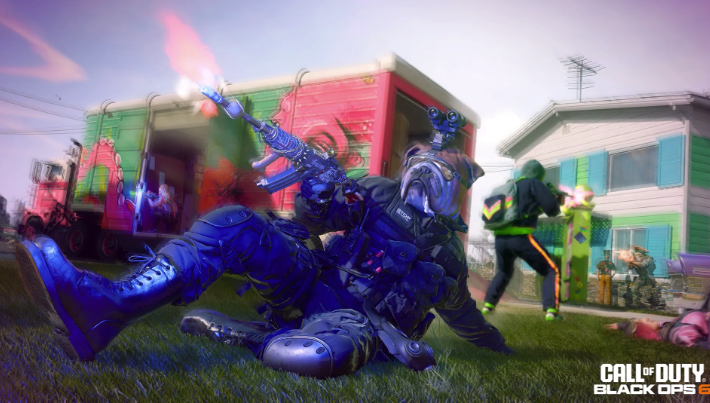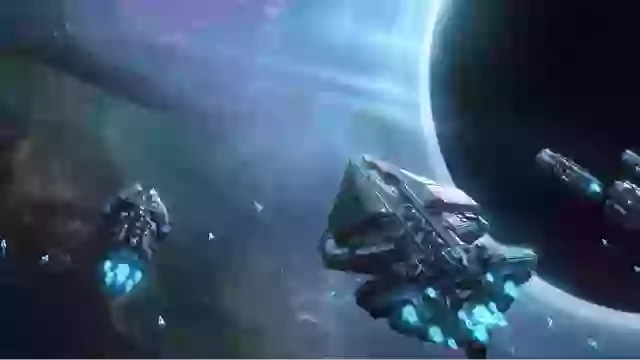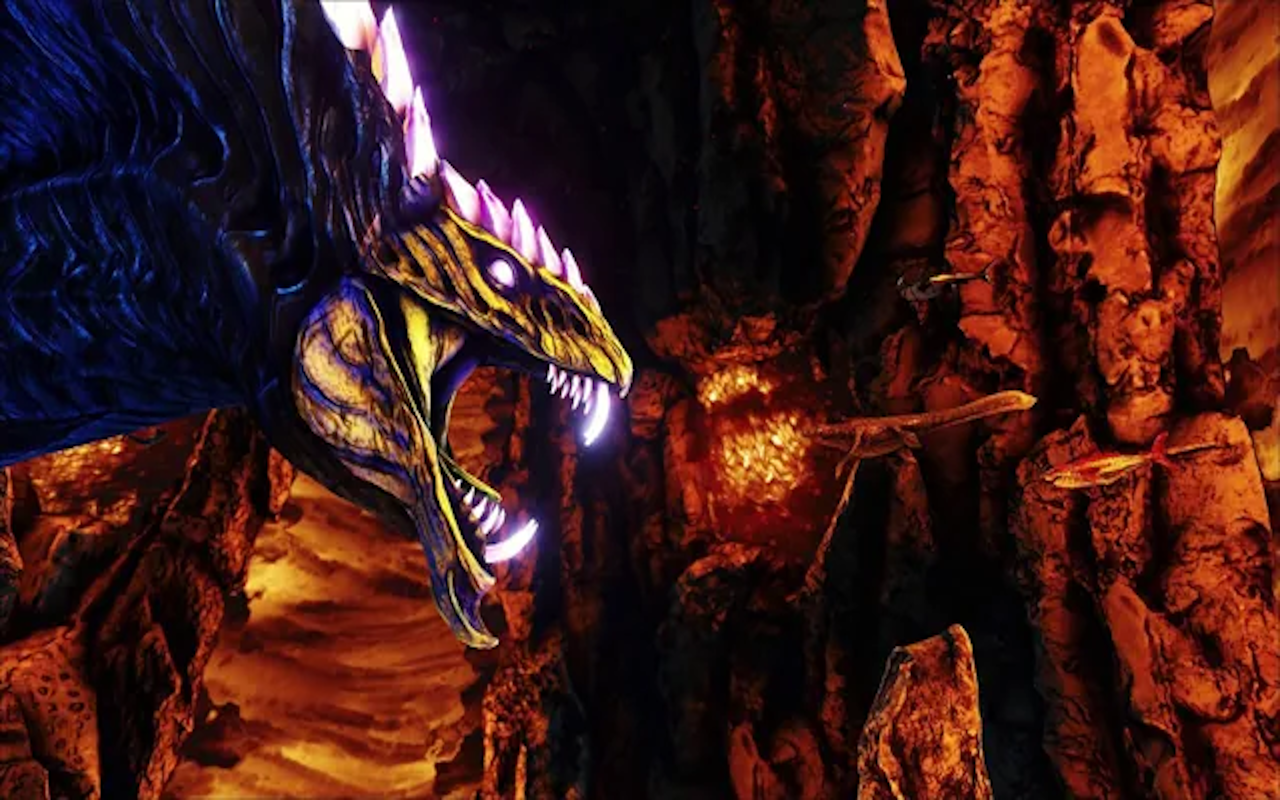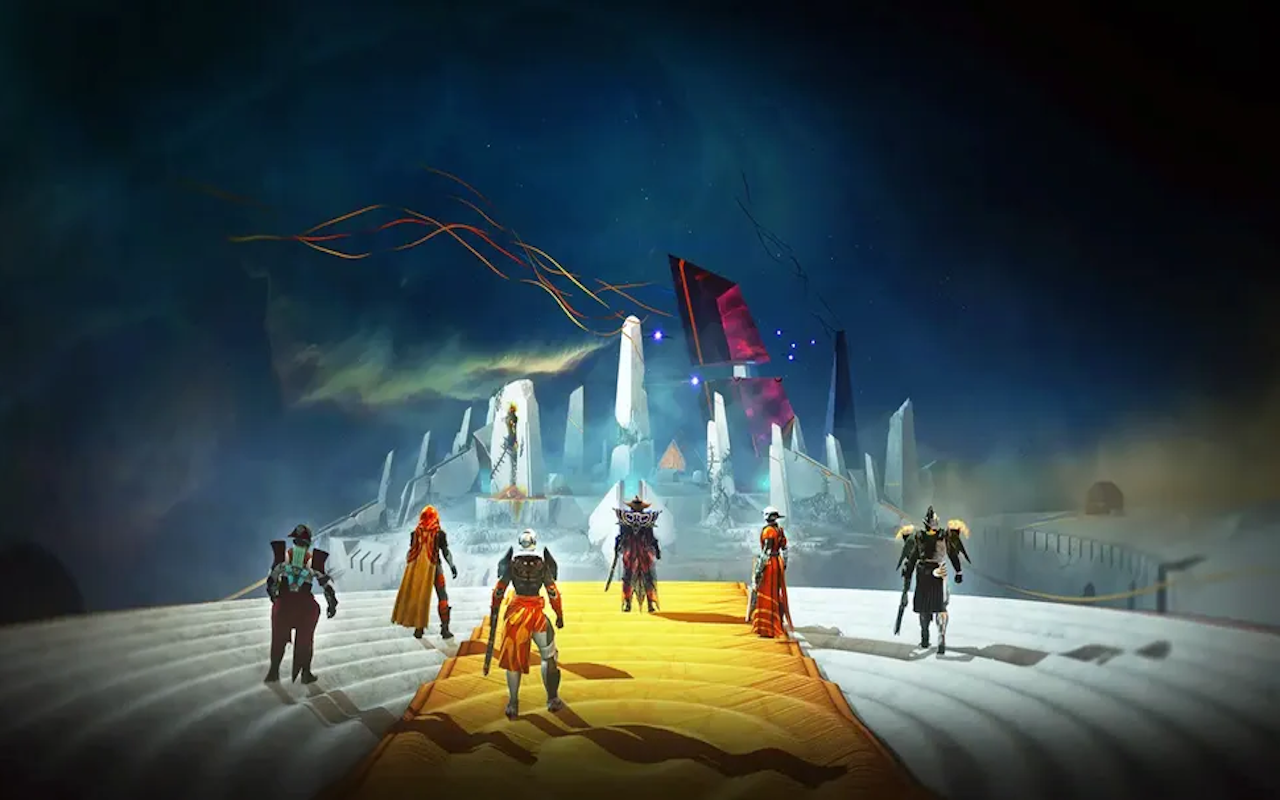Labyrinth of the Demon King Review: A Horror Masterpiece
Labyrinth of the Demon King emerges as a truly distinctive and unsettling experience within the modern gaming landscape. This brutal dungeon crawler, heavily influenced by the classic King’s Field series from FromSoftware, plunges players into a collapsing feudal Japan rife with despair and nightmarish creatures.
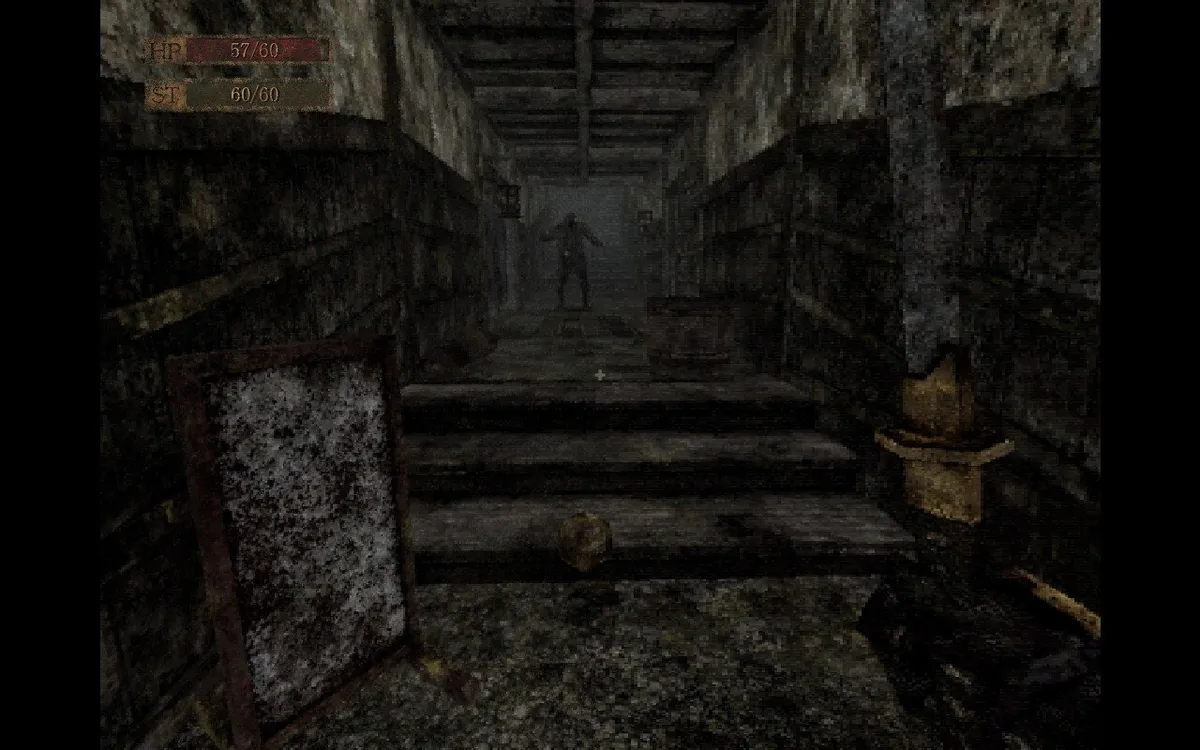
Labyrinth of the Demon King Review: A Horror Masterpiece
It tells the story of a humble foot soldier, or ashigaru, on a seemingly hopeless quest for vengeance against a formidable demon king who has decimated his lord’s army. Far from being a typical fantasy adventure, the game brilliantly leverages elements of horror and a relentlessly oppressive atmosphere to create a deeply memorable, albeit miserable, 15-hour journey.
A Nod to a Dark Legacy: The King’s Field Revival
Labyrinth of the Demon King belongs to a burgeoning subgenre of dungeon crawlers that pay homage to King’s Field, the progenitor of the ‘Souls-like’ formula.
Following in the successful footsteps of titles like Lunacid, which ignited this revival, and preceding anticipated games such as Hark the Ghoul and Monomyth, Labyrinth carves out its own niche. Unlike Lunacid’s often lurid and VHS-inspired fantasy, Labyrinth cultivates an intensely oppressive blend of Buddhist folklore and gritty survival horror. Crucially, it also subtly advances the complexity of combat typically found in games of this particular style, pushing the boundaries of strategic engagement.
Brutal Combat and the Unforgiving Stamina System
The game’s combat mechanics are designed to be immediately challenging, nearly prompting players to abandon their quest within the first two hours. Despite an initial tutorial, the ashigaru’s slow movement speed and a stamina bar that depletes at an alarming rate make every swing of the katana a significant risk.
Dodging, while crucial, is governed by a strict cooldown; consecutive evasions incur a severe stamina penalty. Parrying offers a narrow window of opportunity against the game’s unsettling, maddened foes, but missing it often results in swift and certain death, emphasizing the game’s high-stakes encounters.
Mastering the Fight: The Unexpected Power of a Kick
The turning point in Labyrinth of the Demon King’s combat lies in an often-overlooked mechanic: the kick. Initially neglected, utilizing the kick button proves to be a game-changer, staggering enemies just long enough to land a safe thrust. This simple action alleviates the overwhelming tension of many fights.
As players begin to understand the combat’s true nature—a test of composure under pressure—and grasp other key mechanics like the bonfire-esque save system and the strategic importance of tactical retreats, the game’s initial frustration transforms into an addictive obsession.
An Oppressively Bleak and Unforgettable World
The demon king’s labyrinth is divided into four main regions, yet its visual presentation maintains an almost monotonous bleakness, with most surfaces coated in an indistinct brown-grey ooze. Pathways are frequently obstructed by grotesque, breathing gore piles, and many doors remain stubbornly jammed or locked.
This creates an oppressively monotonous environment that, despite its uniformity, paradoxically leaves a lasting impression. The illogical twists and turns of its ruined halls gradually become familiar, imprinting the map deeply into the player’s memory.
Unsettling Aesthetics: The Power of Nascent 3D Horror
The game’s distinctive aesthetic choice plays a pivotal role in its horror efficacy. Utilizing nascent 3D stylings, reminiscent of the mid-90s, the chunky pixels render enemies and even NPCs almost inscrutable. This artistic decision deliberately eschews fine detail in favor of a generalized, fetid quality, transforming creatures into masses of horrific, sentient polyps rather than meticulously rendered monsters. This lack of clear detail ironically amplifies the horror, making the threats feel more alien and disturbing.
Furthermore, Labyrinth of the Demon King’s graphics are deliberately murkier and more degraded than the 90s material it emulates. This stylistic degradation lends the game a unique, homebrew ruthlessness, evoking the forbidden feel of early “video nasties.” It creates an atmosphere so quietly disturbing that it feels like something no commercial studio from that era would have dared release, imbuing the experience with a palpable sense of the forbidden.
Evolution of Threat and Strategic Progression
Despite the terrifying nature of the beasts and claustrophobic hallways, the sense of immediate threat begins to taper off by the mid-game. This shift is primarily due to player familiarity with the nuanced combat system. The game offers a diverse arsenal of upgradable weapons, from the initial katana to heavier armaments like the otsuchi (a massive hammer), the Great Dao (a colossal sword), naginatas, axes, spears, and even a rifle, each with distinct attack speeds and stamina trade-offs.
While talismans provide offensive and defensive capabilities, strategic upgrades to health and, more importantly, stamina are crucial. Understanding enemy movement patterns, such as those of the stalking Nuribotoke (reminiscent of Resident Evil’s Mr. X), further contributes to mitigating the difficulty.
Puzzles and Narrative Clues: A Disturbed Logic
Puzzles within Labyrinth of the Demon King are sparse but possess a dim, unsettling logic, often requiring extensive backtracking across the labyrinthine map. While some players may find certain puzzles challenging and others straightforward, solutions are always available for the observant. Many clues are hidden within scrolls scattered throughout the world.
Reading these scrolls can be as disconcerting as navigating the grim halls themselves, as they often contain disturbingly detailed descriptions inspired by Buddhist folklore, particularly references to the Eight Hells, adding another layer to the game’s oppressive atmosphere.
A Potent Vision of Weird Horror
Labyrinth of the Demon King is predominantly the creation of a single developer, J. R. Hudepohl, a testament to productive obsession. It possesses a uniquely disturbing quality that would likely be diluted by a larger development team. As the credits roll, a profound sense of relief washes over the player, a feeling of liberation from the incessant drones and wheezing denizens of its vile halls.
Yet, despite the pervasive misery, this game delivers one of the most potent and uniquely weird horror experiences likely to be encountered in 2025. It is a testament to the power of atmosphere, subtle psychological terror, and a truly uncompromising artistic vision.
